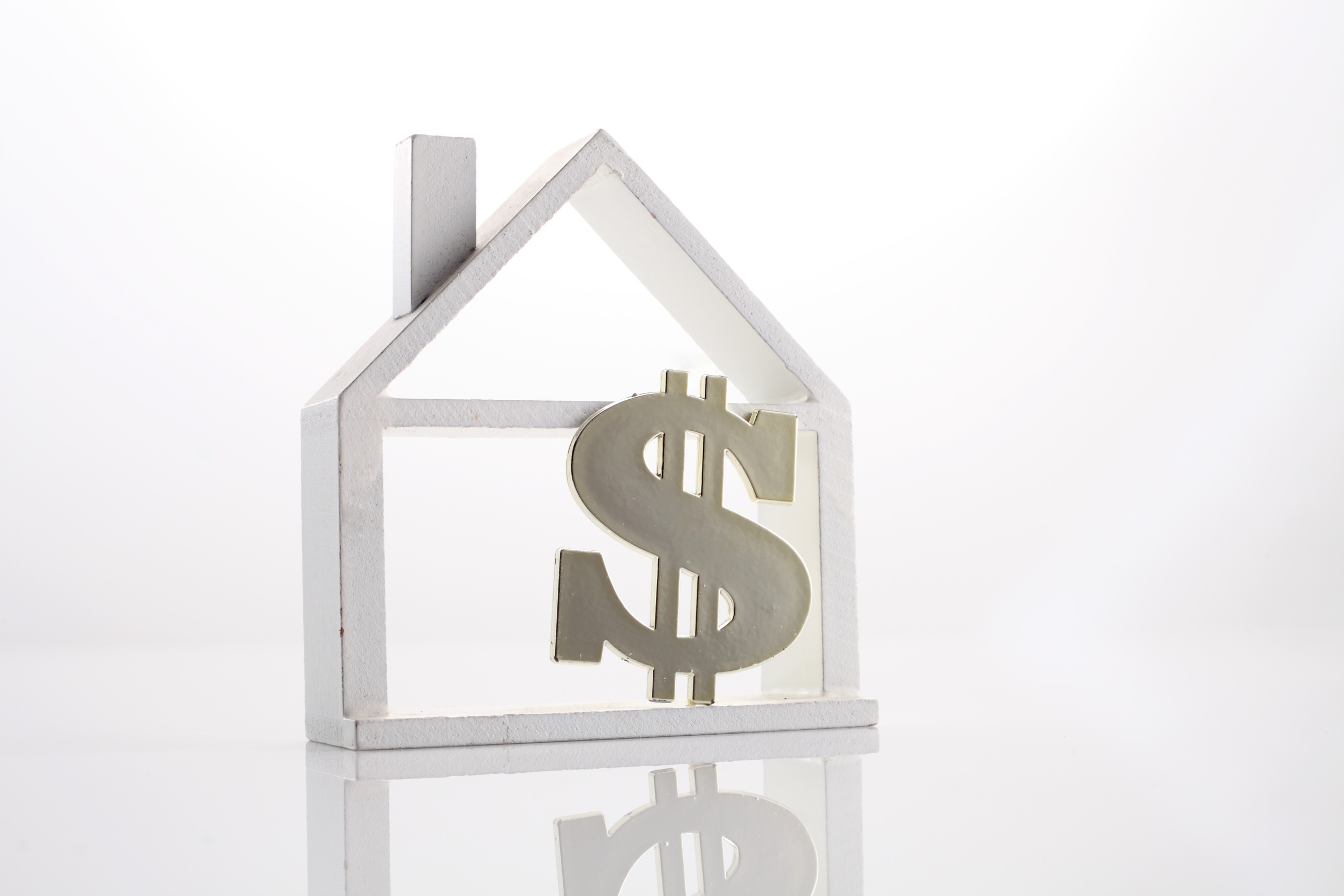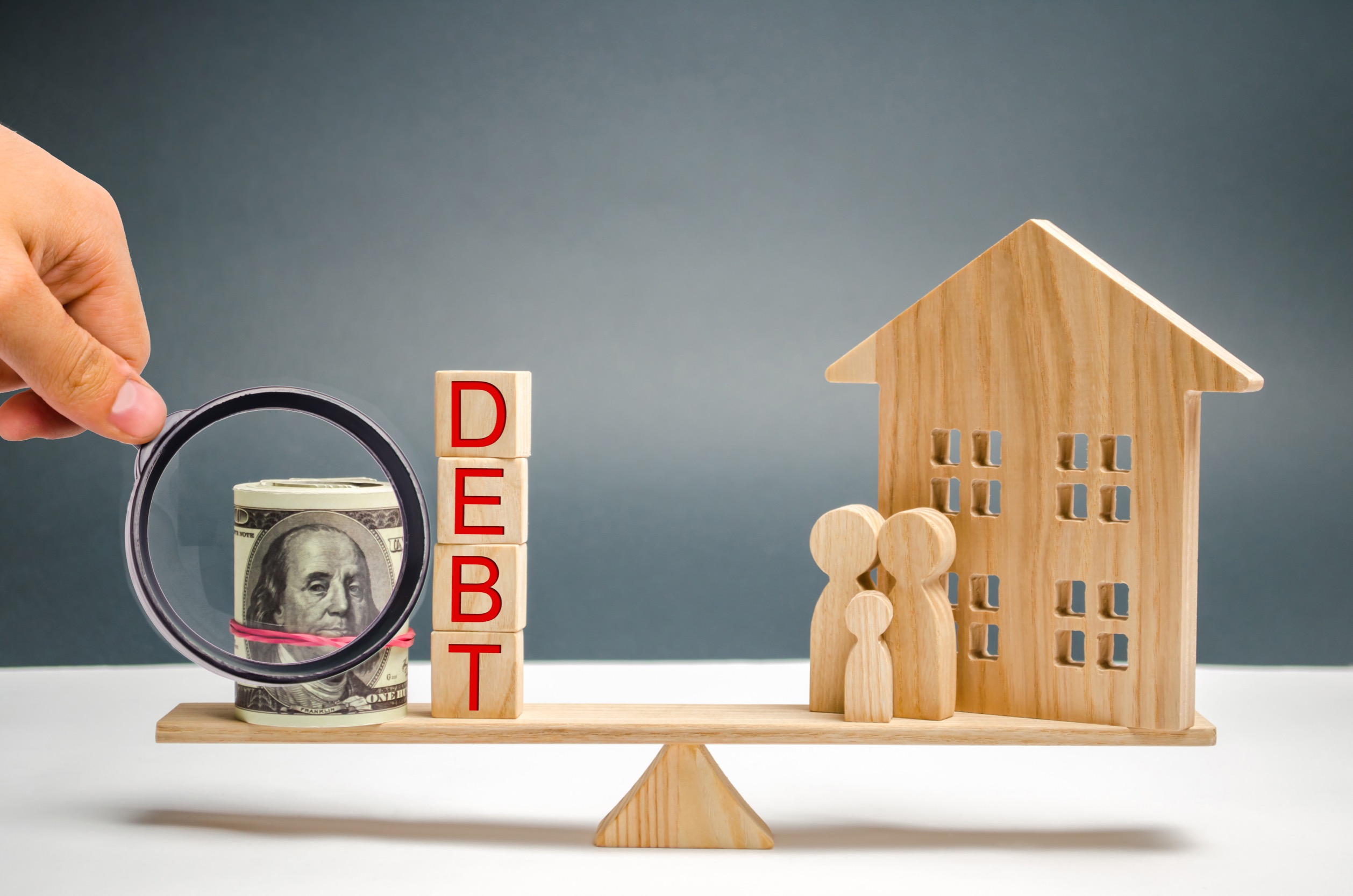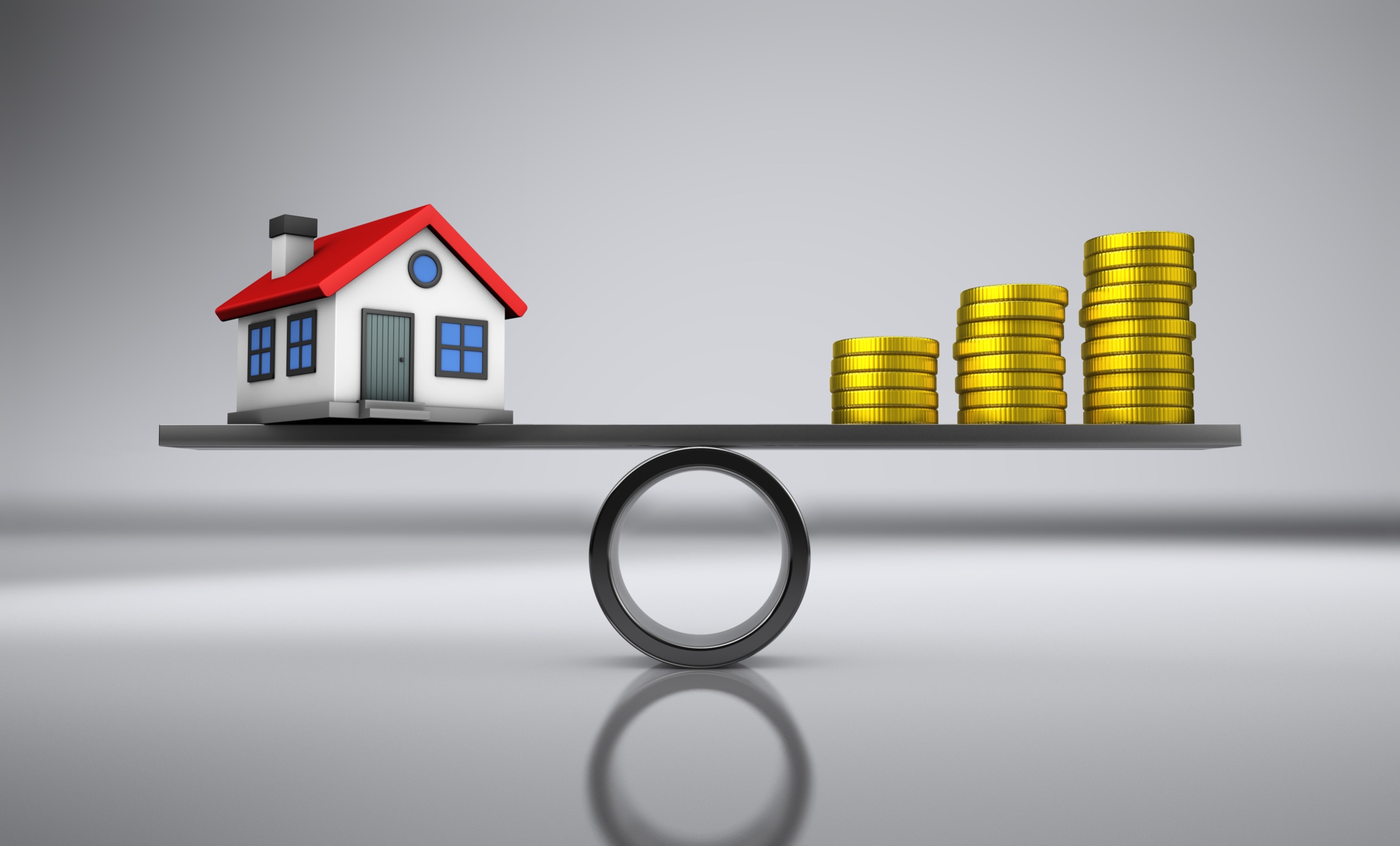- Home
- Current Real Estate Market News
- Cost of Buying a Home
Cost of Buying a Home
What is the Cost of Buying a Home?
So if you are thinking of buying a home, or are just starting on a home buying journey, naturally one of the first questions is “How much?”. What is the cost of buying a home? Or even “can I afford a house?”.
Not to worry - this page will get you going in the right direction to help answer these questions!

The Cost of Buying a Home Basics
There are some really obvious costs when buying a home, such as the purchase price. This can be broken down in to the down payment and mortgage. There are also some not-so-obvious costs, such as the legal costs, inspections and land transfer taxes - usually part of what are called "closing costs".
In addition to the above, there is an entirely optional category that often takes priority for many people, and so warrants discussions if you are buying a home with a partner. These costs can be referred to as "discretionary" because they are often a choice of the owners' priority and not generally a requirement. Examples would be new appliances, or improvement costs, such as home decorating, landscaping, and other renovations.
A fourth category, which costs are not really a part of the purchase, but I think is still important to know up front - the ongoing costs of owning a home, such as insurance, taxes, repairs and maintenance.
We will break down the costs of buying a home in to the following:
- Purchase Costs
- Discretionary Costs
- Contingencies
- On Going Costs
** If you have just started your home buying journey, you may want to start with our Buying A Home First Steps page, where you can compare your own priorities with home ownership to see if it is even a right fit!
1.0 Purchase Costs:
Here is a list of the typical costs involved in the cost of buying a home for the purchase itself, along with a description of what it usually includes.
Purchase Price:
The total agreed price for the purchase of the home based on the final Agreement of Purchase and Sale. If you are getting a mortgage for the property, then the Down Payment amount plus the total Mortgage amount will, when added together, equal the total Purchase Price. Any deposit agreed to in the offer will form part of the Down Payment portion of the Total Purchase Price and is not in addition to the Purchase Price.

Bank will usually ask for 25% of the purchase price be the Down Payment, and the mortgage would then represent 75% of the total Purchase Price. In recent years that metric has changed to in some cases 100% of the Purchase Price is debt. I would highly recommend as high a down payment as you can afford as the higher the debt, the higher the risk - and usually mortgage rate.
Closing Costs:
This will include the legal fees for the lawyer or title company, any fees for the home inspection, land transfer tax, municipal fees for utility transfer (water and sewer usually), land survey (if one does not exist) and title insurance. If you are purchasing a condominium there is an extra charge for the Condominium Corporation or Home Owners Association (HOA) to prepare a Status Certificate for you and your lawyer to review (Usually costs a few hundred dollars).
** Visit the Home Buying Closing Costs page for more detailed information on what they typically consist of, and how much they can cost!
Other Purchase Related Costs:
Here are some other things you may want to keep in mind or have a budget for...
- Moving expenses - even if you enlist friends food and beer still costs you. Hiring a moving company can cost $1000-$3000 depending on what you need moved within the same city. Cross country will vary more.
- Utility set-up - there is sometimes a charge to get an account set-up or even get utilities connected if they had been shut-off. This can add up to a few hundred dollars.
- Banks or Mortgage companies can sometimes charge an additional fee to have a property appraised which they may want at the time of the application for the mortgage.
- Renovations or repairs to bring the property up to the minimums in a building code may be identified by your Home Inspector, make sure you ask them to give you a conservative estimate when they provide their reports. You could get a quote or two from a contractor as well, but this will take more time and is not always feasible before closing
- If you are purchasing a condominium, sometimes they require “Special Assessments” or a cash contribution to pay for unexpected renovations or repairs to common areas. If the previous owner had not made the payment or it was not due until after closing then you will have to come up with the amount. Sometimes the break it down in to 12 monthly payments.
- You may need to consider purchasing equipment for maintenance activities you didn’t have to worry about previously - lawn mover, snow blower, pool cleaning equipment, gardening tools, shovels, etc.
2.0 Discretionary Costs:
These are costs not critical to the purchase, although your partner or spouse may argue otherwise. Items that, in theory, are a choice rather than a must do. For many folks these can be a source of friction if they are wanted and we're not budgeted for. If you are buying a new house some of these items may not even be present on closing. Here is a list just to keep in mind or think about:
- Appliance replacement - Stove, fridge, dishwasher, washer / dryer
- Air conditioning upgrades or new installation
- Light fixtures and ceiling fans
- Landscaping, Decks and porches, new sheds, and fencing.
- Irrigation systems
- New pools, pool heaters, or pool replacement
- New blinds and curtains, home decorations, new furniture and artwork.
- Tree removal / trimming
- BBQ
Renovations:
Careful on plans for renovations when you buy a new home. My professional life revolved around construction projects, and I have undertaken many a renovation of my own. They will almost always cost more than you think and it is important to try and be realistic on what you have an ability to renovate before you buy a home. "Fixer-uppers" for the uninitiated can turn dreams to nightmares. Whatever you think it will cost, just double it - good rule for most.

3.0 Contingencies:
Typically these are the contractual provisions included in a purchase agreement that outline specific conditions that must be satisfied for the sale of a property to proceed.
These could also be the funds or a budget which should be set aside for miscalculations, unforeseen expenses, or increased costs because of some unknown factor or issue.
** Visit the Home Buying Contingencies page for more detailed information on what "contingencies" are and how they might be used!
4.0 Regular Ongoing Costs:
While ongoing costs do not affect the purchase of the property itself, it is a good idea to keep these in mind when purchasing a house because you need to ensure your income will not be stretched too thin to the point where you will need to sell because you can no longer afford to pay the bills. It would be sadly a short lived dream of home ownership were that to be the case.
** Visit the Cost of Owning a Home page for more detailed information on the ongoing costs of home ownership!
** If you are still considering if owning a home is realistic for your situation?, continue your research by clicking on through to the Can I Afford A House page!
Home > Cost Of Buying A Home (This page)